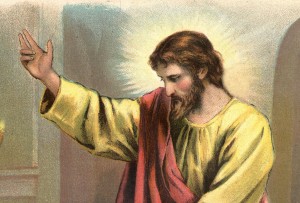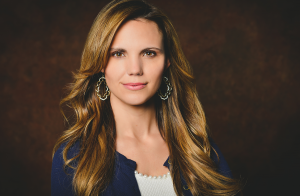What is pity? At times it may be the admirable quality that moves us to water a drying, dying flower. At other times, pity may be the most hurtful reaction we can receive from others. By understanding pity, we may understand a little more about the person of Jesus.
Aristotle described pity as a reaction to “unmerited misfortune”. This implies a judgment about whether the other deserves the suffering they endure. Aristotle even suggests that this empathy is a kind of confusion: we imagine that the misfortune may befall us and we fear it. Fear makes us want to fix the problem… or avoid it.
This twinge, this moment of feeling sorrow at another’s suffering, is the catalyst for a decision: to judge or not to judge, to help or not to help. In some ways we have no choice but to feel moved by another’s suffering but we can choose what we do about it. We may act out of fear, choosing to blame someone, or to avoid the situation, or even to try to fix things. We can also choose to empathize. We are all weak at one point or another in our lives; and we can develop the habit of not fearing weakness when we encounter it.
An experience from my own life: I carry a white cane because I am in the process of going blind. I have been acutely aware of the discomfort this causes other people. The fear is visceral – he’s about to bump into something!He can’t find the door! Can nothing be done? People insist there must be some cure. Or they cast around trying to move furniture out of my way. I understand: watching someone do something slowly and poorly makes one feel helpless. However, like most people, I don’t want pity.
Another philosopher, Nietzsche, identifies this more corrosive kind of pity. Pity can define people by their weakness. Nietzsche condemns pity and argues that we should not help at all. Not helping may imply indifference but it can also imply a profound respect, a trust that the other is defined by more than their present weakness. I might not go as far as Nietzsche does but I feel that determining when to help and when to hold back is a tricky needle to thread.
A key element when navigating a question of weakness is not to be afraid. I often tell friends, “I’m going to bump into things. I’m going to go a little slow. That’s okay.” I don’t want to deny that my condition is unpleasant; but after living with it for twenty years, I’m not especially afraid of it from moment to moment. Some of my best teachers modeled this lack of fear for me. A teacher is used to students being slow or poor with tasks at the start and doesn’t judge this lack of immediate power. The teacher establishes a partnership with the student: I can help you… but I can’t learn it for you. You’ll have to learn by trying.

Jesus, as we see him portrayed in scripture, is a teacher. When he sees suffering, Jesus is moved. If we take Jesus to be divine, then he can hardly be moved by fear or discomfort at human weakness: he’s focused on loving the person. Nor, it seems, is he particularly interested in judging whether a person’s misfortune is merited. He does not wait to see whether a person is “deserving” of a display of power. Rather, Jesus enters into relationship and partnership with those who are suffering.
When Jesus meets a suffering individuals, he inquires about how they see their situation. He doesn’t presume to speak for them and what they’re going through. He asks what they desire. He asks how they wish to relate to him. Often those who are healed participate and put forth an effort in their own way: performing a task that is within their power, repenting, or expressing trust in Jesus. Trust allows relationship to happen. As Jesus says often, “your faith has made you well”. Miracles often show how the trust relationship between God and humanity is healed and restored.
In some cases, Jesus is even a strict, somewhat pitiless teacher: he upbraids those who are acting from fear. These passages can seem harsh until they are seen in the context of Jesus’ vision for humanity. We often see ourselves only for our limitations and mistakes. Jesus is aware, however, of our immense potential as human beings. We are capable of great feats of love, creativity, and simple kindness. Jesus calls us to strive for these.
In the end, Jesus entrusts his mission of healing to human beings. He does not pity humanity nor will he simply make of us what he will without our permission or participation. We can live, grow, create, adapt, invent, learn, and love. I feel that God empowers us to do these things. We will often need help: but we will be helped because we are loved, not because our weakness is to be feared. This may be the difference that makes Jesus Christ “pitiless”.












